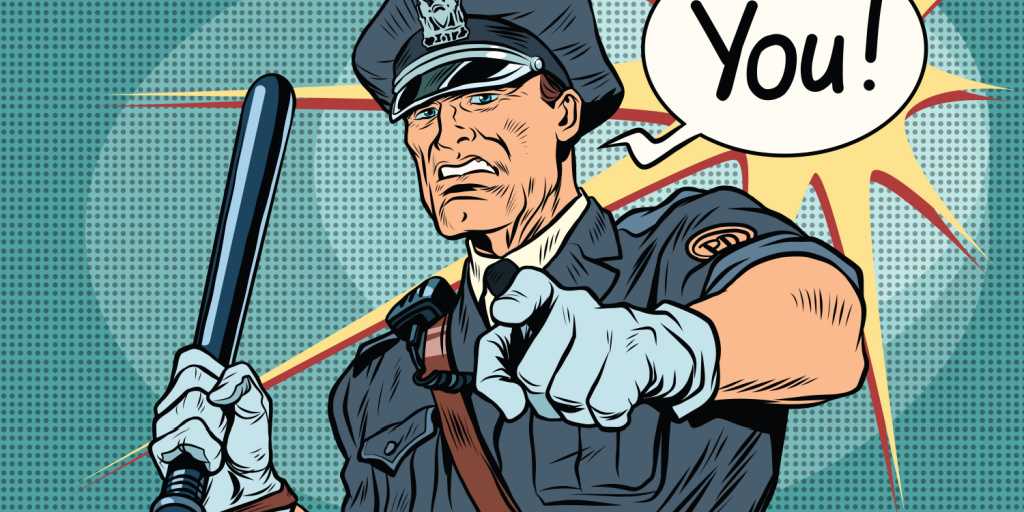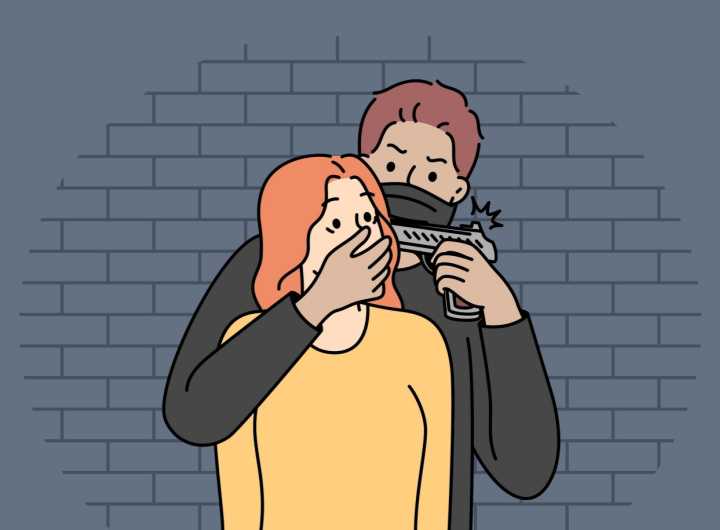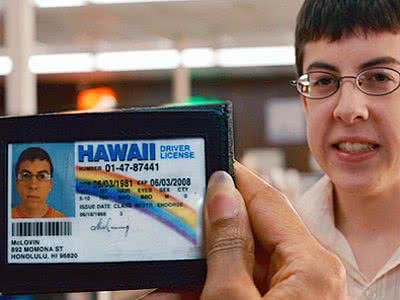University of Arizona Students: “Greek Life” & Criminal Charges
Fraternities have made the news, in Arizona, and not lately in good ways. Rampant underage use of alcohol, dangerous and unlawful hazing, and absolute tragedies have garnered headlines, triggered arrests, and resulted in many fraternities being removed from campus, in some cases with particularly good reason.
What doesn’t make the headlines, though, are the myriad fraternity brothers and sorority sisters, and the gaggle of freshman pledges, who manage to get charged, sometimes multiple times in a year, with simple repetitive crimes, related to “the good times.” These crimes don’t make headlines but stay on their students’ records: Underage Drinking (“Minor in Possession of Alcohol”) ARS § 4-244; Possession of Marijuana (UPOM); Possession of False IDs; DUI.
This blog covers a few things you should know about life at the University of Arizona. I am an attorney who represents many university students.
Police Enforcement
First, it is important to remember that the University of Arizona is a public university, with a governmental police force that enforces a zero tolerance policy for drugs and underage alcohol consumption on campus. If your parents, for example, went to a private college back east, they might be surprised at how common it is for students to be cited or arrested and booked here in Tucson for precisely the behavior largely tolerated elsewhere, and in a different era. After all, you didn’t come to the University of Arizona to acquire a criminal record. Yet, given the zero tolerance policy and police practices, that often happens.
The Dorms
Although the prime locus of the 4th Amendment protections is supposedly “the home,” that does not seem to include the University dorms. Police calls to the dorms for “the odor of marijuana” is a common occurrence, as are police knocks and searches of dorm rooms.
In fact, a concentrated large dorm such as Coronado is statistically, per square foot, now a fairly highly concentrated crime area. We have seen many, many cases coming out of Coronado and other dorms.
“Stumbling Home”
The second thing that might surprise you is that here at the University of Arizona, the police will stop you when you are merely walking home to your dorm. They may frame it as a “check welfare” because they saw you “stumble” or “move lethargically,” but they will take the opportunity to charge you with underage drinking after checking your ID.
The simple police logic is that almost no one living in the dorms (other than the RA) is over twenty-one. So anyone stumbling home at midnight might well have consumed alcohol. The same is true for many people stumbling out of frat houses. In short, a late night walk on or near campus, particularly in the vicinity of the dorms or fraternity row, puts you, in my view, at special risk for getting stopped and questioned by the police.
Fake ID’s
Third, many people who are fraternity or sorority members have, one way or another, acquired fake IDs. This may seem like an innocuous offense (everybody has one), but the police again take it seriously, and take the opportunity to charge you with a separate crime. On multiple occasions, in fact, I’ve seen students lose wallets, only to have the police call and tell them they’ve recovered the wallet. When the student goes to the police station to retrieve the lost wallet, the police arrest the student for the fake ID they’ve found in the wallet.
“Red-tagged” Parties
Fourth, there are many fun student housing options around campus. Unfortunately, the most popular of them are, like the dorms, constantly getting visits from the police for “noise complaints.” The police use this as another opportunity to pull everyone out of the house and check IDs—a lot of marijuana, underage drinking, and fake ID cases start at those parties. The property leaseholder also gets a special fine and an 8½x11 police sticker affixed to a window, known as a “red tag.”
DUI’s
Finally, too many fraternity brothers and sorority sisters manage to get charged with DUI. In my experience this seems to happen most often at one o’clock in the morning when people are leaving 4th Avenue. Usually they are driving north or east, particularly east on 6th Street or north on 4th Avenue, Campbell or Broadway. These charges are particularly serious and involve mandatory jail time. In the age of Uber, a lot of this is, in my view, avoidable.
I hope this helps.
Recommended Articles

Arizona’s new sealing statute is a powerful way for people who have been charged or convicted of many common offenses, to be able to say “no” in many instances.

In Arizona, “Aggravated Assault” charged under ARS § 13-1204 is a Class Four Felony, and in some cases with mandatory prison.

DUI or domestic violence police misconduct even if not resulting in grievous misfortune can sometimes provide a helpful remedy for the criminally accused.

people are surprised by how outsized the consequences some misdemeanor convictions can be. collateral consequences—meaning all those hidden consequences.

For thirty years two federal laws prohibited all those convicted of misdemeanor domestic violence offenses from ever possessing firearms.

About Michael Harwin
Michael’s skill and experience have been recognized repeatedly. He holds an A-V 5/5 preeminent rating by Martindale Hubbell. He has been named one of the top lawyers in Arizona by Southwest Superlawyers, and one of the best lawyers in Tucson by Tucson Lifestyle Magazine. He also has been named one of the best lawyers in the United States by BestofUS.com , and given the highest rating possible by AVVO, 10/10 Superb. Amazon Books



